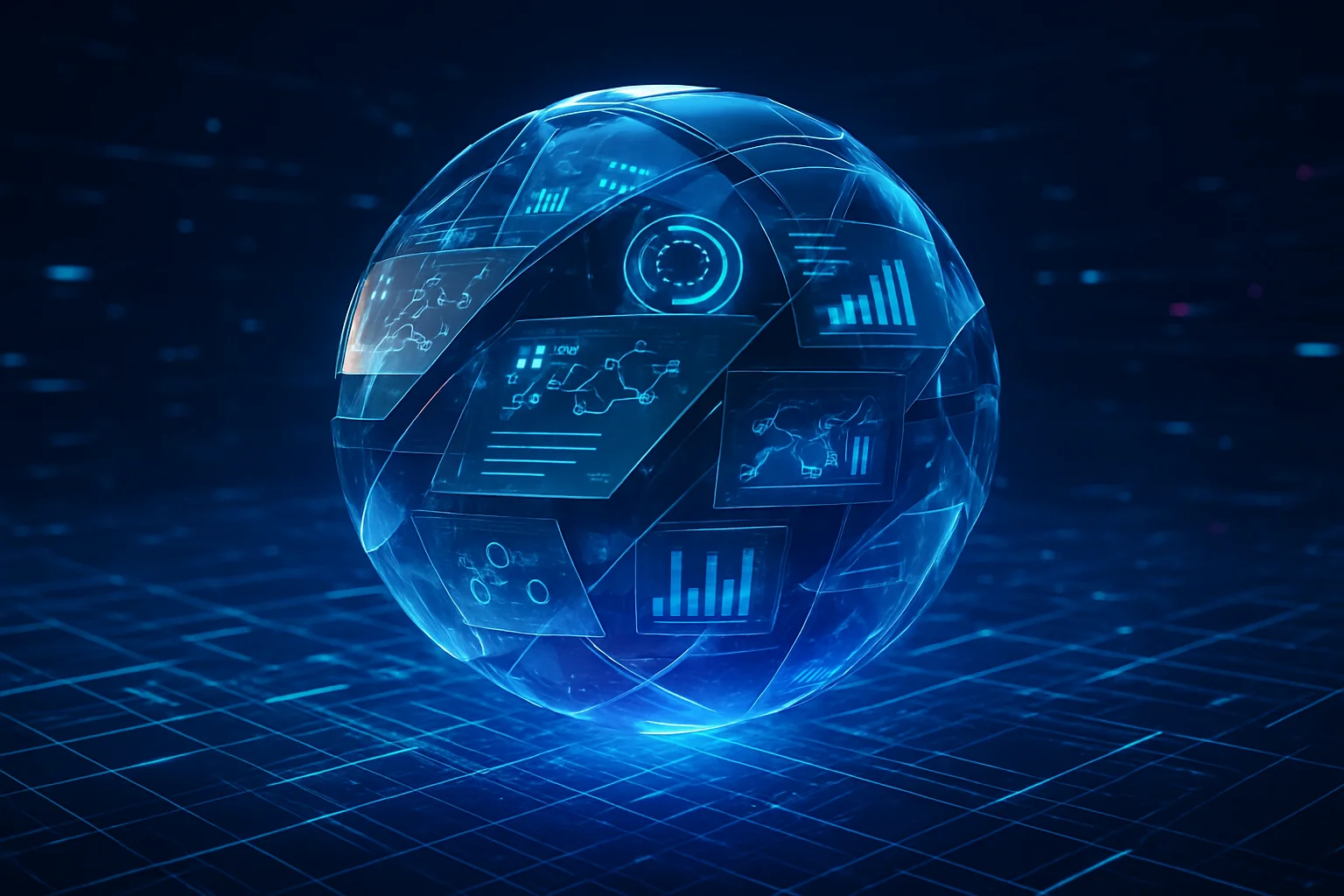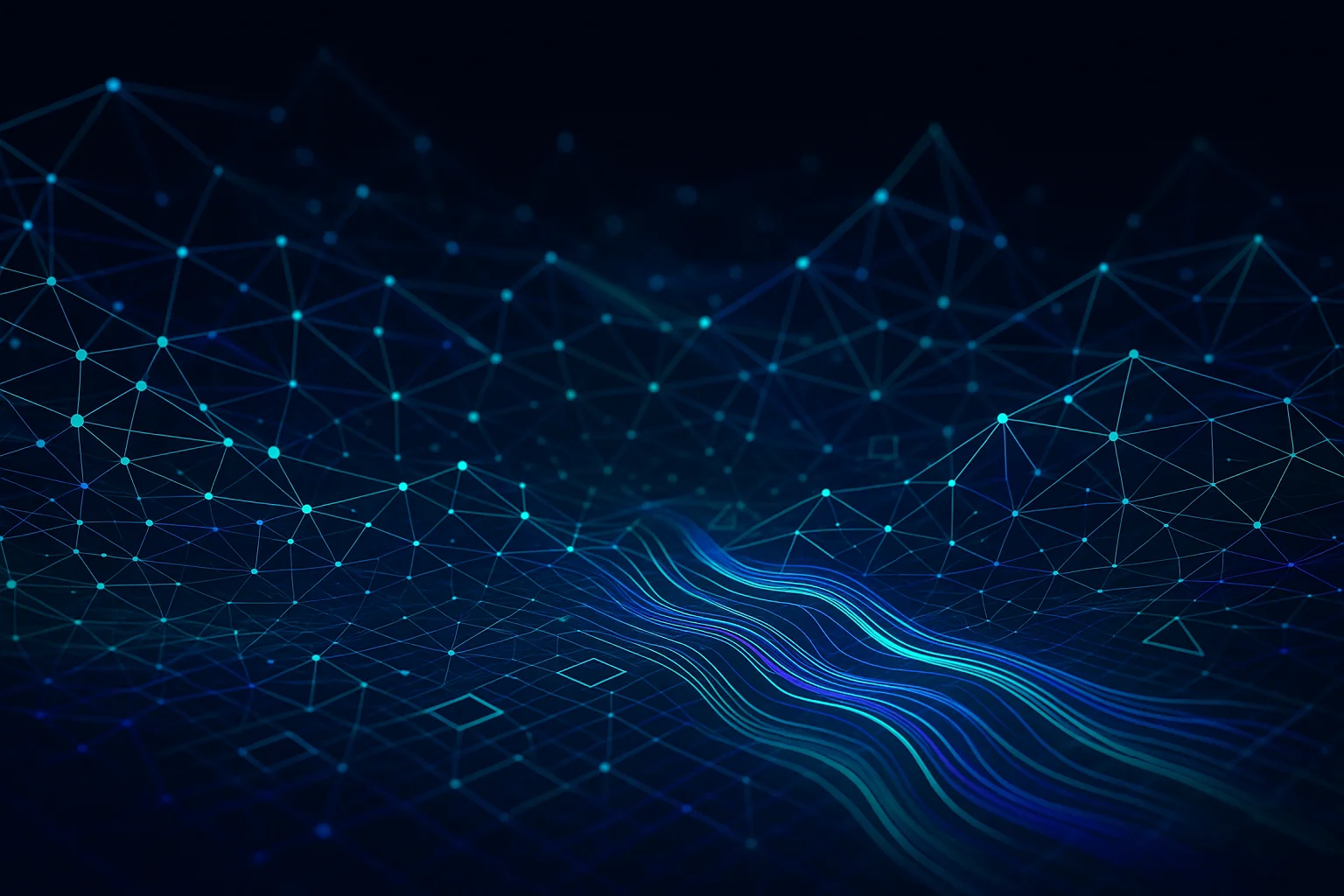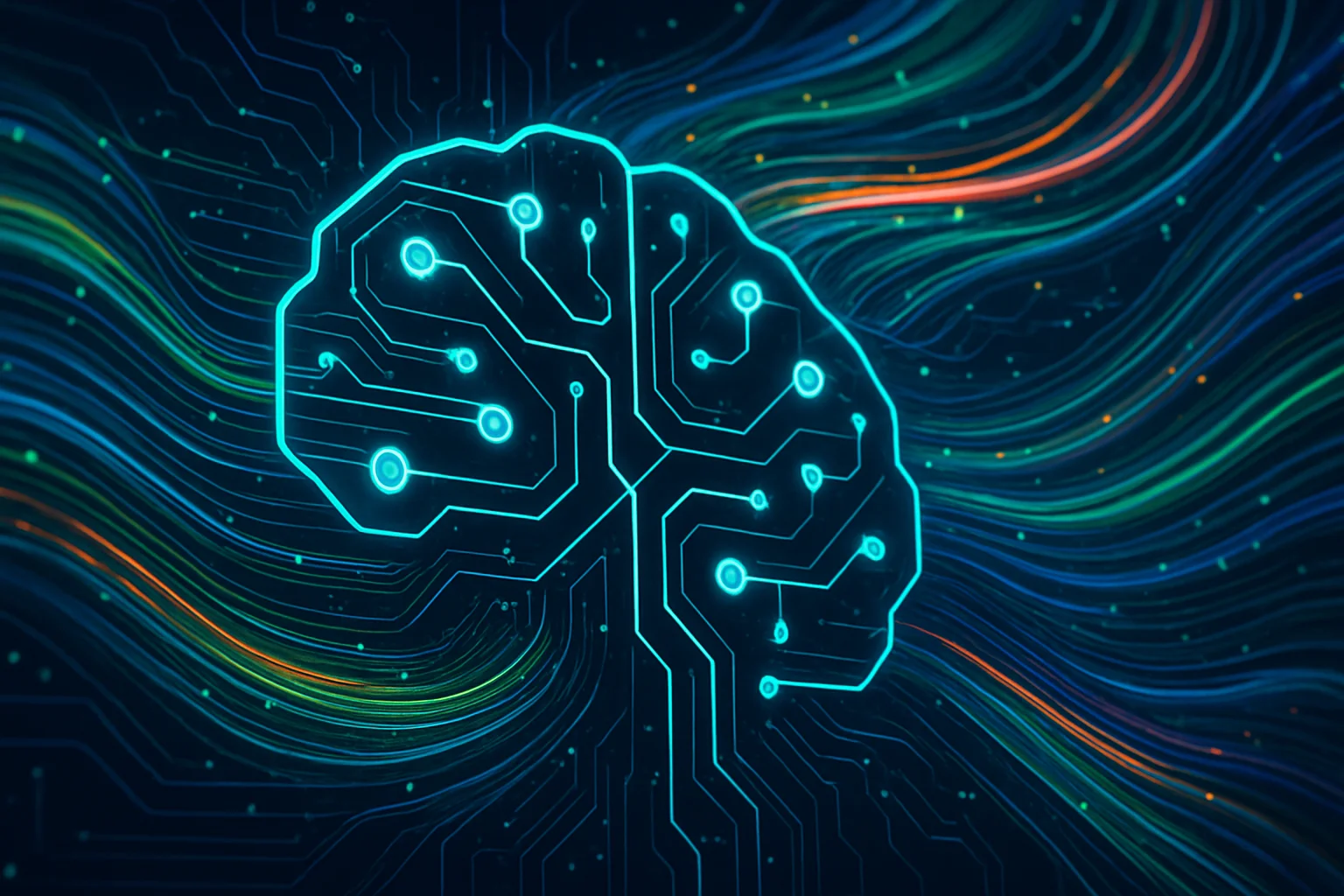AI marketing automation isn't just an upgrade; it's a paradigm shift. By 2025, it's enabling marketers to scale personalized customer journeys and orchestrate end-to-end campaigns autonomously. This matters because the demand for hyper-personalization and adaptive experiences is at an all-time high. To navigate this world, our complete AI marketing agents guide provides a comprehensive overview.
At the same time, platforms like Gentura push this shift even further—using autonomous marketing agents that perform deep market, competitor, and SEO research, generate content in structured multi-agent workflows, and then optimize themselves based on real-world performance. This transforms AI automation from a static system into a self-improving engine.
What This Article Covers
- How AI marketing automation transforms traditional workflows into dynamic, personalized campaigns.
- A maturity model to assess your current AI integration and plan future steps.
- Practical use cases showing AI's impact on marketing strategies.
- A step-by-step framework for implementing AI marketing automation in your organization.
- Common pitfalls to avoid and how to ensure successful AI adoption.
The Shift to AI Marketing Automation
AI marketing automation represents a shift from static, rule-based systems to dynamic, model-driven frameworks. This transition allows for real-time data integration, predictive analytics, and content personalization, all orchestrated by autonomous agents. Unlike traditional systems, AI-driven automation continuously learns and adapts, offering marketers unprecedented agility and precision.
This evolution is clearest in systems like Gentura, where agents execute research, write in iterative passes, and then improve through feedback loops based on what content performs best. The result is automation that doesn’t just run campaigns—it gets better at running them.
The Automation Maturity Pyramid
To navigate the complexities of AI marketing automation, consider the Automation Maturity Pyramid:
- Assist: AI suggests improvements, like subject lines or ad copy.
- Optimize: AI tests and adjusts campaigns in real-time.
- Agent: AI agents autonomously manage entire campaigns from launch to iteration.
This framework helps organizations identify their current level and plan strategic advancements.
Real-World Applications
Consider a SaaS startup using AI agents to personalize onboarding emails. By adjusting cadence based on user engagement, they enhance customer experience and retention. Similarly, an e-commerce brand might leverage AI for dynamic product recommendations, optimizing bidding strategies in real-time.
Systems like Gentura expand these capabilities by running complete multi-agent pipelines—market analysis, competitor deconstruction, SEO mapping, content planning, multi-stage writing, humanization layers, optimization, and publishing via computer-use agents. This creates an end-to-end autonomous marketing stack.
For a deeper understanding of how autonomous marketing works, explore our article on How Autonomous Marketing Works.
Implementing AI Marketing Automation
Implementing AI marketing automation requires a strategic approach:
- Identify High-Impact Use Cases: Focus on areas like email marketing, ad placements, or personalized recommendations.
- Audit Data Sources: Ensure data quality and integration across your martech stack.
- Select Vendors or Build Models: Choose between third-party solutions or developing in-house capabilities.
- Prototype and Test: Use sandbox environments to refine models with sample segments.
- Define Success Metrics: Establish clear KPIs and governance policies.
- Pilot and Iterate: Start small, measure outcomes, and refine strategies.
- Scale and Document: Expand successful pilots and document learnings for continuous improvement.
For insights on content workflow automation, refer to Content Workflow Automation in 2025.
FAQ
What is AI marketing automation and how does it differ from traditional marketing automation?
AI marketing automation uses machine learning and autonomous agents to execute tasks, unlike traditional systems that rely on static rules.
How can I measure ROI from AI-driven campaigns?
Focus on metrics tied to revenue or engagement, and ensure accurate attribution by integrating first- and zero-party data.
What data do I need to start with AI marketing automation?
High-quality, integrated, and up-to-date data is essential for reliable AI outputs.
How do I maintain brand voice when using generative AI?
Use hybrid workflows where AI drafts content and human editors refine tone and authenticity.
Can small teams benefit from AI marketing automation?
Yes, by focusing on high-impact, low-complexity use cases that maximize ROI without overwhelming resources.
Conclusion
AI marketing automation is a game-changer, enabling marketers to create personalized, adaptive campaigns at scale. The key is balancing machine-driven speed with human oversight. If you'd rather have autonomous agents run this entire workflow for you, Gentura can do it on autopilot while you focus on product.
Gentura builds autonomous marketing agents that replace the full expert marketing workflow. Our agents research, plan, write, optimize, publish, and monitor content automatically.
Related Articles

AI Marketing Agents: The Complete 2025 Guide
Discover how AI marketing agents transform strategies with the 5D Framework for 2025. Scale, personalize, and optimize seamlessly.

How Autonomous Marketing Works
Explore how autonomous marketing revolutionizes campaigns with AI-driven agents managing strategy to execution.

AI Content Workflow Automation in 2025
Discover how AI content workflows enable scalable, high-quality content production with strategic design and human oversight by 2025.
Ready to Get Started?
Transform your marketing with AI-powered agents. Create content at scale, optimize campaigns automatically, and grow faster.
Get Your AI Agent
